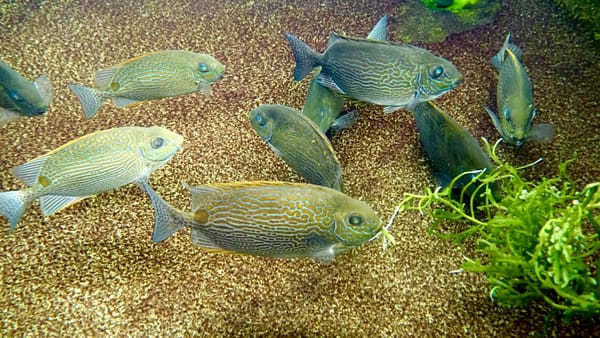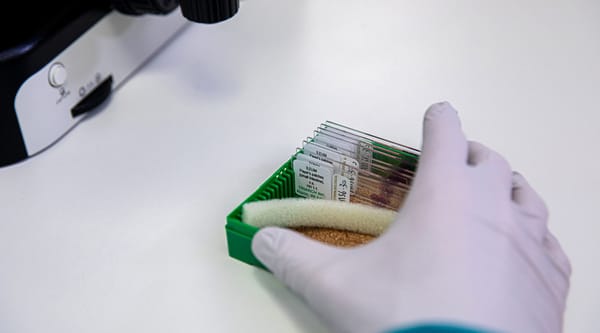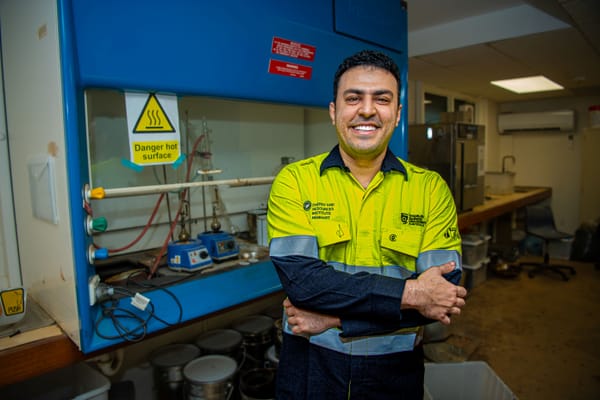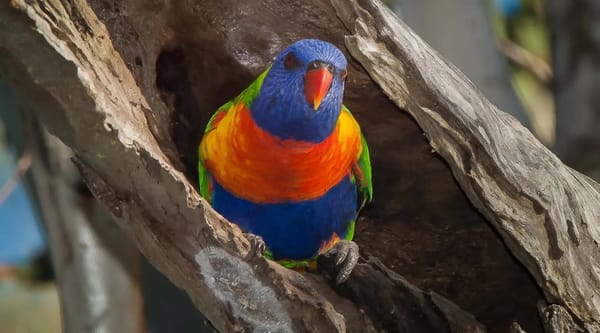Weed sprayer a game-changer for farmers
Cane farmers could dramatically reduce herbicide costs and Reef run-off thanks to an innovative new crop sprayer project led by James Cook University.
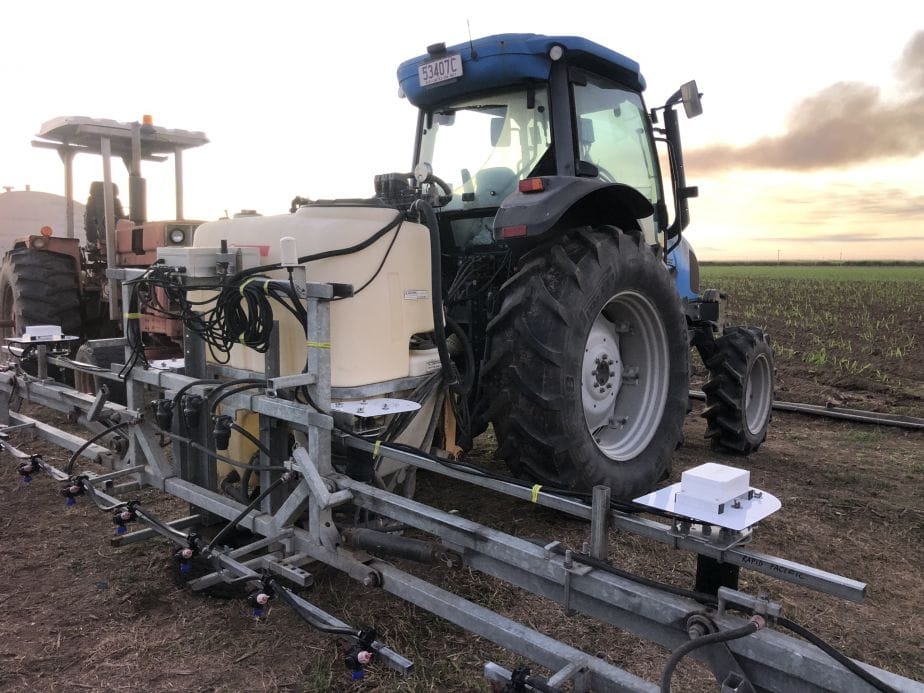
First published by James Cook University
Cane farmers could dramatically reduce herbicide costs and Reef run-off thanks to an innovative new crop sprayer project led by James Cook University.
Designed in partnership with JCU researchers, agricultural technology company AutoWeed and Sugar Research Australia, the machine uses artificial intelligence (AI) to detect and spray weeds, such as nutgrass, in a cane paddock, delivering greater efficiency than conventional blanket spraying methods.
Lead project researcher Associate Professor Mostafa Rahimi Azghadi said the first phase of testing the machine over 30 hectares of paddocks with low to medium weed infestations in the Burdekin region had been extremely successful.
“Our method is 97 per cent as effective as blanket spraying in weed knock-down – while reducing herbicide usage by an average of 35 per cent across those 30 hectares,” he said.
“In the best cases where weed infestation has been lower, we have saved up to 65 per cent in herbicide usage.
“This is a win for the environment and a win for growers.”
A water quality assessment produced by Sugar Research Australia during testing also found that paddocks which used the AutoWeed AI sprayer reduced their chemical concentration in water run-off by an average of 46 per cent.
“That means better water quality and a healthier Reef,” Associate Prof Azghadi said.
“At the same time, because farmers can spray more efficiently through AutoWeed spot-spraying technology, they may see additional operational improvement and cost-saving, compared to blanket spraying.”
Associate Prof Azghadi said the machine had been fed thousands of paddock images with and without weeds in order to train the AI algorithm to properly identify them.
“In the field, the AI model will then see a similar image via its cameras and because it has learned what a weed looks like, it will activate the sprayer only when needed,” he said.
AutoWeed Director of Operations Jake Wood said each camera could control several spray nozzles.
“The machine might see a weed in a different part of the image, meaning that only a single nozzle might need to be activated instead of all of them each time,” he said.
“This is all happening in real time while the tractor to which the AutoWeed system is fitted traverses the paddock.”
The project has so far received $900,000 from a partnership between the Australian Government Reef Trust and the Great Barrier Reef Foundation, is also partnering with Queensland Department of Agriculture and Fisheries (DAF) economists to perform initial analysis on the economic implications of the technology for specific weed species and crop situations.
Phase two of prototype testing has already begun on another 45 hectares of paddocks in the Burdekin, in addition to the team collecting more weed images in the Mackay-Whitsunday and Wet Tropics regions.
The project involves JCU researchers Associate Prof Azghadi, Dr Bronson Philippa and Dr Alzayat Saleh, AutoWeed’s Dr Alex Olsen and Jake Wood, Sugar Research Australia’s Terry Granshaw and Emilie Fillols and DAF’s Caleb Connolly and Mark Poggio.

